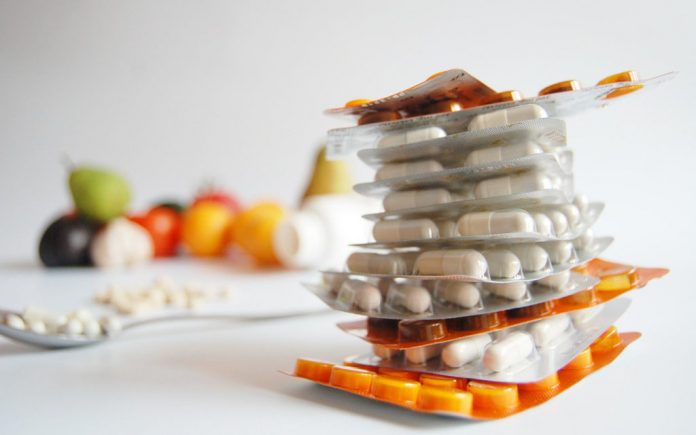A drug that lowers blood sugar in people with type 2 diabetes also lowers the risk of end-stage kidney failure by 30 percent, a finding that may help spare kidney function in scores of patients and save billions of dollars by keeping them off dialysis, doctors reported Monday.
Type 2 diabetes has reached epidemic proportions on Long Island and beyond, which means problems occurring as a result of it are rising as well. Kidney failure has been increasing by 5 percent a year for more than a decade, and almost half the people on dialysis in the United States have type 2 diabetes.
In an international clinical trial that is being hailed as a landmark study, patients with type 2 diabetes and chronic kidney disease who took the drug Invokana found their risk of advancing to full-blown kidney failure declined by a third. That means the medication helped stave off the need for dialysis and kidney transplants, and reduced the risk of death from end-stage renal disease.
In addition to sparing kidney function, the drug also helped reduce cardiovascular problems, the research revealed.
“This is the first study to show such a big effect,” said Dr. Douglas Lax, chief of nephrology at Mercy Medical Center in Rockville Centre, who was not part of the research. “It was also the first to look at patients whose kidney disease was already advanced.”
About 13,000 people were tested in the study worldwide, with about half of them receiving Invokana and the other half receiving a placebo. The study was stopped midstream because it would have been unethical to continue with people taking a placebo that wasn’t helping.
Doctors who led the study, which was called the Credence clinical trial, estimated that for every 1,000 people taking the drug for 2.5 years, there would be 47 fewer cases of kidney failure, dialysis and transplants. Instances of adverse effects in the research — toe, foot and leg amputations — were similar among patients taking Invokana and the placebo.
Invokana is a product of Janssen Pharmaceuticals and costs about $475 a month. It was approved in 2013 to lower blood sugar. But doctors who tested it for its capacity to spare kidney function said they hope the U.S. Food and Drug Administration will approve it for this new role. Physicians, meanwhile, are free to use any approved drug “off label,” which means prescribing it for a new lifesaving indication.
“Kidney disease can be slowly progressive,” Lax said, “but the fact that they could show such large differences between groups is pretty amazing to me.”
Lax said Invokana is the first drug for type 2 diabetics that addresses kidney disease in more than 15 years. Although the study has just been published in the New England Journal of Medicine and reported at a medical conference in Australia, Lax said he will consider it for some of his patients. In addition to his role at Mercy, he oversees dialysis centers in Hempstead, Oceanside, Bellmore, Freeport and Woodmere.
The National Kidney Foundation commended the research Monday and noted the mounting toll of kidney disease across the country.
“Chronic kidney disease is a largely invisible and growing public health problem with limited treatment options available,” the kidney foundation said in a statement, adding that the study “is encouraging for patients with diabetic kidney disease and an important step forward to staving off end-stage renal disease.
“Diabetes is a key risk factor for chronic kidney disease, and accounts for 44 percent of all end-stage renal disease cases. However, less than 40 percent of those with diabetes are completely assessed for kidney disease,” the foundation said.
Nearly 750,000 people annually and 2 million worldwide develop end-stage kidney disease, according to the Kidney Project at the University of California, San Francisco.
End-stage kidney disease largely affects diabetics who are elderly of any ethnicity, but is also common among African-Americans, Native Americans and Hispanics of all ages. About 7 percent of Medicare’s annual budget is devoted to end-stage kidney disease.
Dr. Kenneth Mahaffey, a professor of medicine at Stanford University and a co-principal investigator of the research, said Invokana protects kidney function by increasing the amount of glucose excretion through the twin organs. He said the research paves the way for a new treatment option.
“For the first time in 18 years, we have a therapy for patients with type 2 diabetes and chronic kidney disease that decreases kidney failure,” Mahaffey said. “Now, patients with diabetes have a promising option to guard against one of the most severe risks of their condition.”








